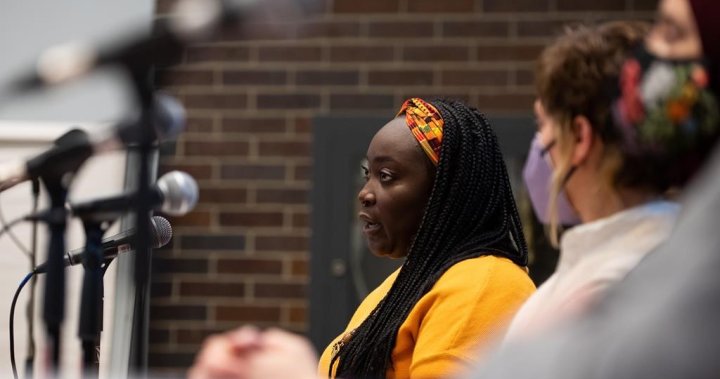
Debate over pronouns pits parental rights against children’s, experts say
Global News
The answer to what "parental rights'' mean in the context of the ongoing debate lies somewhere in the middle of the two sides, experts say.
Politicians and others who support policies that would require parental permission for teachers to use a student’s preferred pronouns at school say they are about including parents in the lives of their children.
Those opposed say the issue is not about the rights of parents at all, but rather the protection of children, particularly transgender and nonbinary students who may not feel safe revealing their gender identities at home.
The answer to what “parental rights” mean in the context of the ongoing debate lies somewhere in the middle, experts say. And rushing to push forward legislation could have dire effects on transgender and nonbinary children.
Debbie Owusu-Akyeeah, the executive director of the Canadian Centre for Gender and Sexual Diversity, takes issue with the framing of these policies.
“That’s an easy sell,” she said. “They’ve set a trap with ‘parental rights’ as a political argument.”
She said using this framework for pushing forward anti-LGBTQ+ policies means its proponents are able to get support from people who may not understand the nuance of the issue, but feel parents ought to be involved in their children’s decisions.
Young people have agency and autonomy over their bodies, how they navigate the world and their identities, said Owusu-Akyeeah, and part of navigating that autonomy is with whom they decide to share things with, including their gender expression, and when.
And when they’re able to do that, their risk of harm drops significantly.













